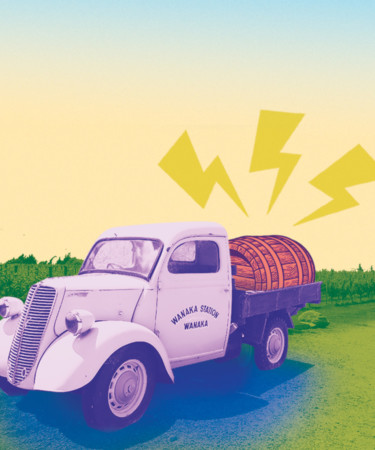Since 1887, Glenfiddich has set out to make the best “drams in the valley,” and many whisky connoisseurs agree that the brand succeeded with its award-winning single malt Scotch. Now, Glenfiddich’s initiative to turn whisky waste into fuel for its delivery trucks is leading the way for a future of sustainability efforts.
During the initial processes of whisky distillation — malting — nearly 85 percent of leftover grains and barley go to waste. Brewers are then left with “spent grain” that can be used to feed livestock or become by-products of the process. But there may be another way to turn this waste into something more environmentally resourceful, and the answer comes in the form of biogas.
Glenfiddich plans to use the latest technology created by its parent company, William Grant & Sons, to transform draff (wasted barley grains) into liquid waste from the whisky-making process. Ultimately, this will serve as fuel for trucks transporting liquor to facilities across the country.
“The thought process behind this was, ‘what can we do that’s better for us all?’” Glenfiddich distillery director Stuart Watts told Reuters.
The engines of four trucks have been converted into carrying this new form of fuel so far. Putting just one of these vehicles on the road will reduce Glenfiddich’s carbon footprint by 250 tons of CO2 a year. According to Forbes, biogas cuts emissions by 95 percent in comparison to diesel and other fossil fuels.
Watts is confident in this new technology, and hopes to expand the use of biogas to the company’s 16 other trucks. This comes after an announcement from the Scotch Whisky Association, which hopes to reach a net-zero emissions target by 2040.
